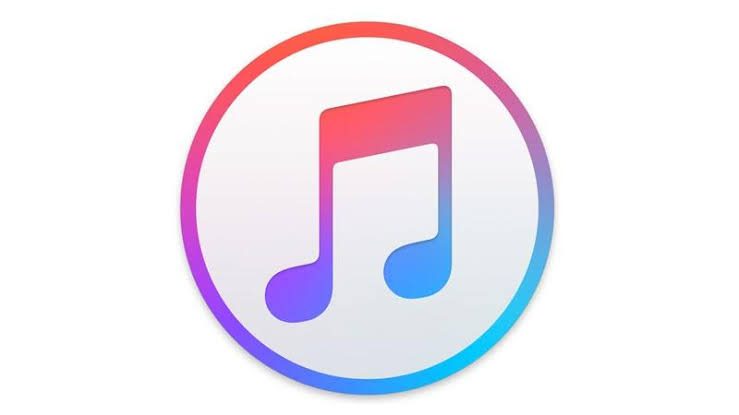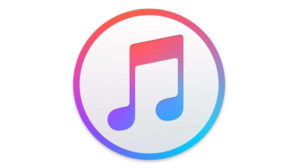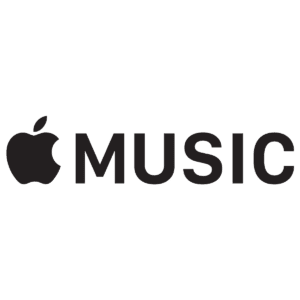Apple on Monday the 3rd of June 2019, announced the demise of its groundbreaking iTunes platform in favour of three more tailored apps, as it refines its offerings to be a stage for digital music, films, podcasts and more.
These three standalone apps will run across the iPhone, iPad and Mac offerings and will allow users the ability to access and manage their media subscriptions and downloads separately on the desktop, as well as sync them across multiple Apple devices.
The new Music app will give users access to their entire music library, including downloaded songs, songs that were purchased and songs that were ripped CDs.
Users who like to own their music however, will still be able to access the iTunes Music Store through the new music app.
The Apple TV app will consist of Apple TV channels, personalised recommendations and over 100,000 choices of iTunes movies and TV shows to browse, buy or rent.
The Apple Podcasts app on the other hand, will feature curated collections by editors around the world, new categories, as well as search tools that can find episodes by host, guest or even discussion topic.
Users who prefer to sync their media to their devices via a cable, will still be able to do so in the new entertainment apps.
Once a user connects a device to their Mac, it will immediately show up in the sidebar of Finder, enabling them to backup, update or restore their device.
Some features from iTunes will also be incorporated into the other Apple apps.
There is currently no information regarding the future of the Windows OS iTunes version which is tailored for Windows-powered computers.
How users of iTunes on the Windows platform will be able to navigate their music libraries, remains to be seen.
iTunes after its launch almost 20 years ago (January 2001) transformed the way people buy and listen to music.
With iTunes, users could rip, mix and burn CDs, and store them together with tracks purchased and downloaded from the iTunes Store. Users could also organise them into playlists and sync them to multiple devices.
In 2005, the tech giant (Apple) expanded on the core features as it introduced video support, later on adding podcasts, e-books, and a section for managing iPhone and iPad apps.
The latter, was discontinued in 2017.
Since the launch of iTunes sadly, lifestyles have shifted to streaming music, video and more from the internet cloud as online data centers and high-bandwidth connections gave rise to on-demand entertainment expectations.
Apple’s announcement and launch of its very own streaming service; ‘Apple Music’ in 2015, marked the commencement of the company’s shift in focus from iTunes as its primary media hub.
Apple also announced that new protections will be added to the iOS mobile operating system, including the option of giving apps permission to access your location ‘just once’, instead of all the time, and letting users know when apps are tracking their whereabouts.
A new “Sign In With Apple” feature will also be launched as an alternative to logging in using Facebook or Google accounts.




